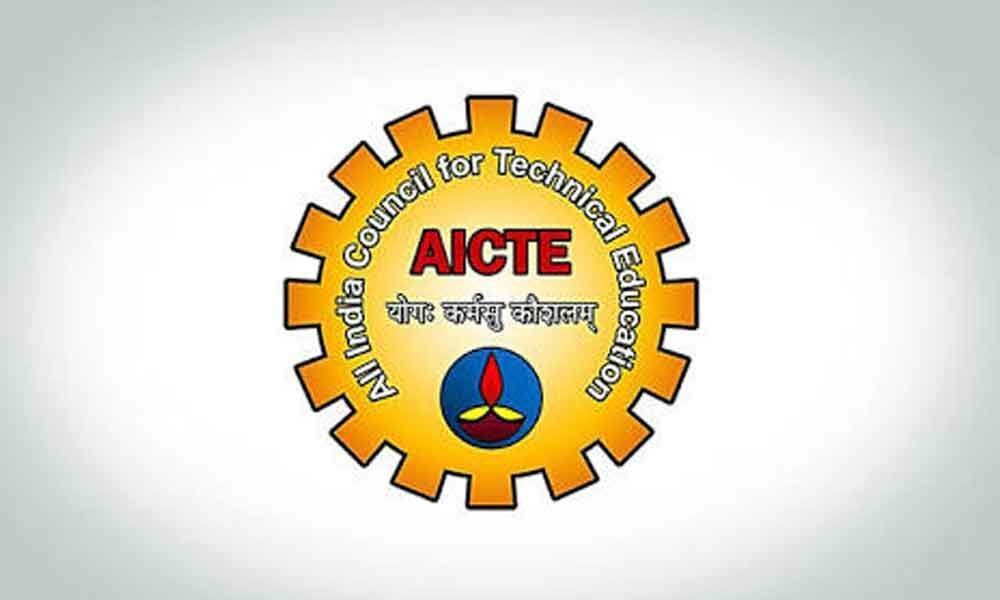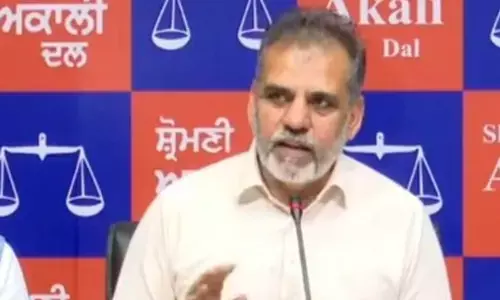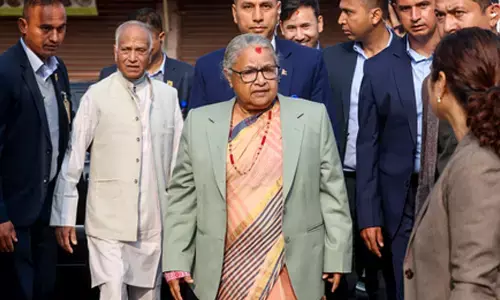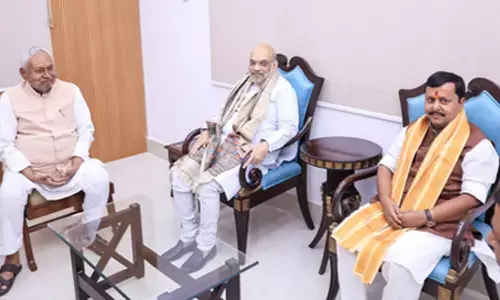AICTE proposes to set up student redressal mechanism

All India Council for Technical Education sends the proposal to all colleges, both government and private and technical universities
Hyderabad: The All India Council for Technical Education (AICTE) has come up with a proposal establish "students redressal mechanism" (SRM) in all universities and colleges under its jurisdiction.
Christened as All India Council for Technical Education (Redressal of Grievance of Students) Regulations, 2019, the All India Council for Technical Education (AICTE) has asked the technical colleges, private and public universities, boards and other stakeholders to send their suggestions on the draft proposal.
According to an All India Council for Technical Education (AICTE) communique, every college or institution should set up a student grievance regulation committee (SGRC), headed by the principal as its chairman.
Three senior faculty members of the institution shall be members of the committee. Each committee should be composed of one women and persons from Scheduled Castes and Scheduled Tribes, besides OBC communities.
Apart from it, the principal can nominate a student, basing on the academic merit, excellency in sports or performance in co-curricular activities as a special invite.
However, the quorum of the meeting shall be three including the three members, except the special invite. The tenure of the committee is fixed as two years.
The SRGC should give its recommendation to the institution within 15 days from the date of the complaint of the student. A copy of the recommendation should be issued to the complainant.
If the student is not satisfied, then, he can make an appeal to the Ombudsperson within fifteen days, it said.
"Each affiliating University, Technical University, Private University, Deemed to be University shall appoint Ombudsperson for redressal of grievances of students under the UGC (Redress of Grievances of Students) Regulations,2019," it said.
In the case of the institutions coming under technical education boards, the Directorate of Technical Education (DTE) or similar entity shall appoint the Ombudsperson.
A retired district judge or a retired vice-chancellor or professor who has worked as Dean, Head of the Department (HOD) and 10 years of experience as a professor at State, Central universities, an institution of eminence can be appointed as Ombudspersons for three years.
Accordingly, for enforcing these regulations on implementation the All India Council for Technical Education (AICTE) classified different states under eight regions.
Out of which the eight regions in which the South-Central Region will oversee the implementation of the regulations in Andhra Pradesh and Telangana states
The draft regulations have suggested 16 issues on which the students can lodge a complaint and seek redressal.
They include, admissions done contrary to the merit determined as per the declared admission policy, irregularities in the admissions, refusal to admit contrary to the stated admission policy, misleading and false information giving in the prospectus, withholding or retaining or returning any documents like certificates, mark lists and others to force students to pay fee for the course he does not want to pursue.
Excess fee than the declared one, violation of reservations of seats, non-payment or delay in payment of scholarships.
Delay in conducting examinations, conducting examinations contrary to the calendar prescribed by the council among others.









